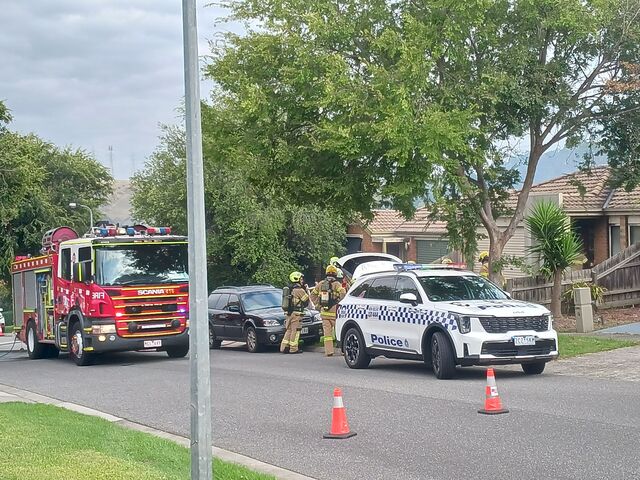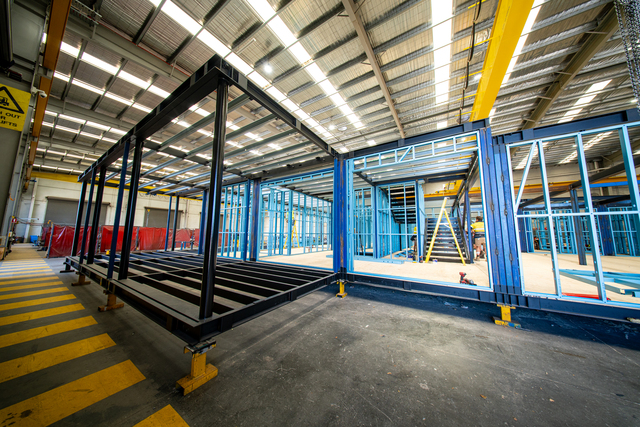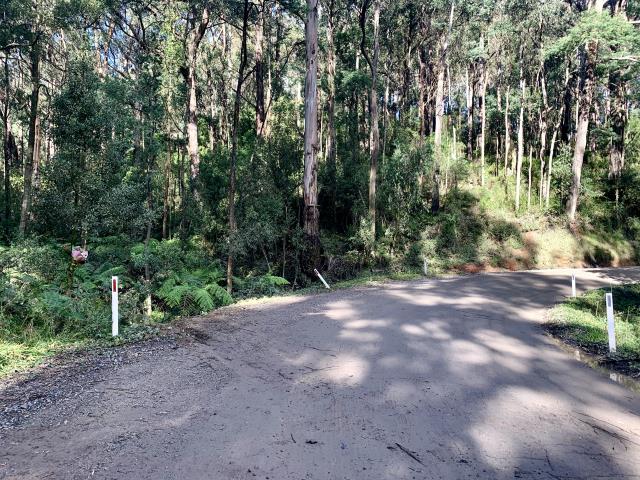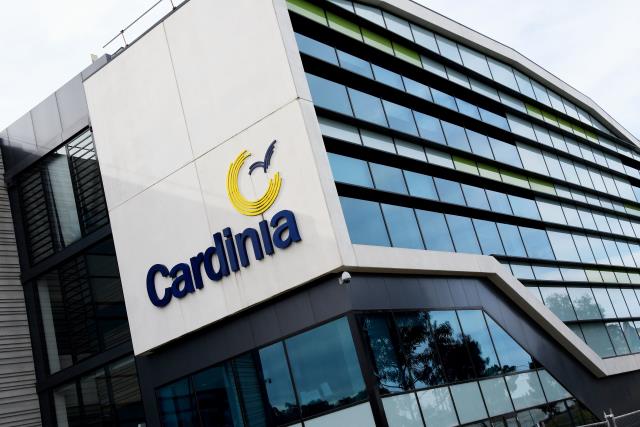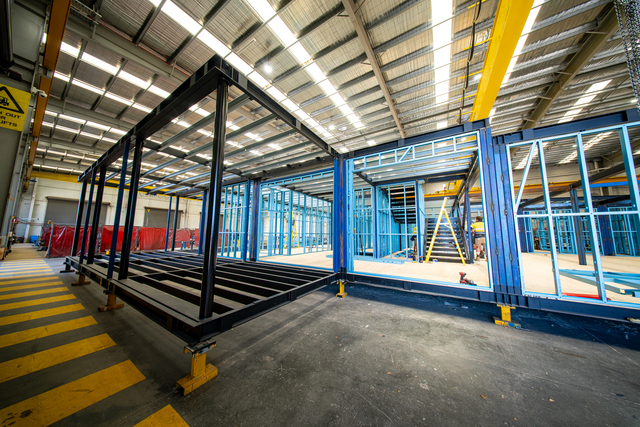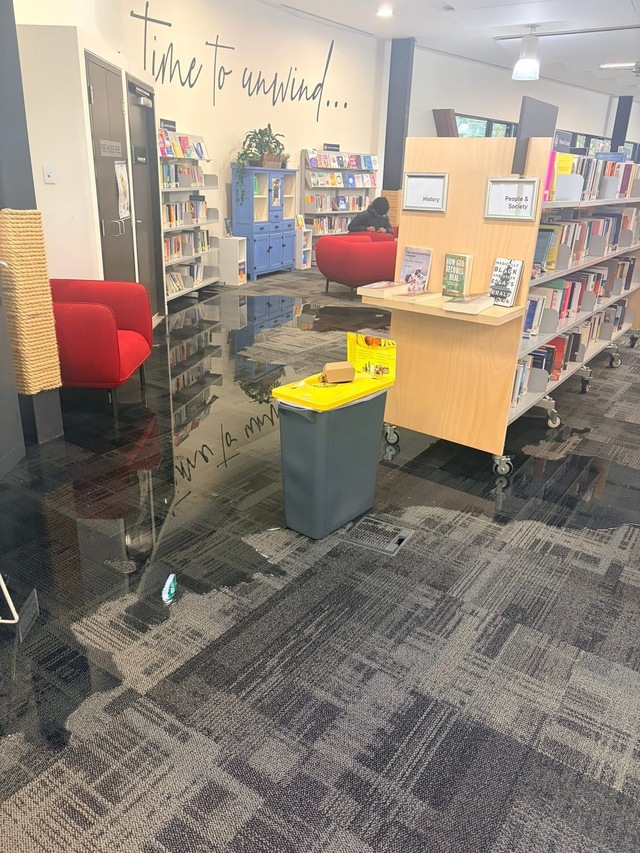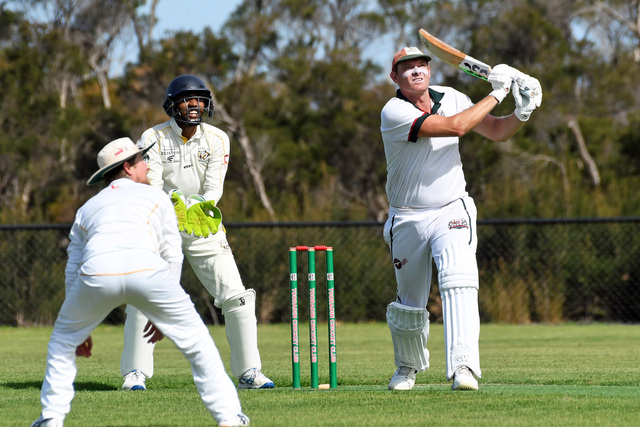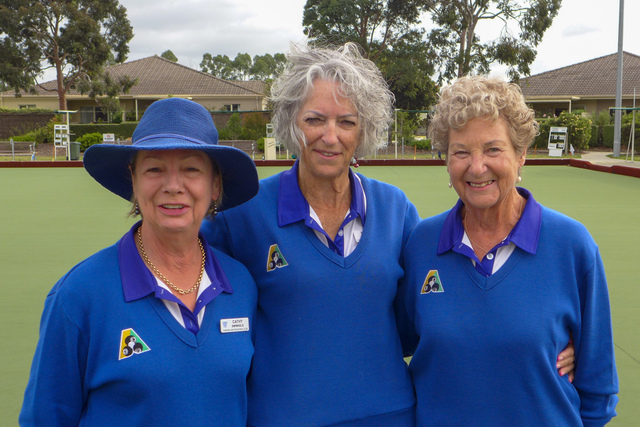The City of Casey has seen a significant spike in garbage truck fires in the last year due to the improper disposal of lithium-ion batteries and other electronic waste, prompting a contract variation to kerbside collection to include cleanup costs.
Termed ‘hot loads’, contracted company Cleanaway has formally requested Casey to pay for the cleanup after the truck fires, while the company balances it out with tending to their vehicles’ repairs.
River Gum Ward councillor Lynette Pereira, while supporting the variation, had also called for a broader approach to informing residents on proper disposal.
“Battery fires are becoming an increasing problem for the community and proper recycling of batteries is a huge issue,” she said.
“I think there are many people in the community that are still not aware of proper disposal and I’m not sure if council can do something to help disseminate that information.
“I think that would be a good move because it’s going to keep increasing and these battery fires are going to keep happening, it’s just a fact of life.”
The cleanup costs for the financial year of 2023/2024 was $110,767 which accounted for 11 hot loads.
Accepting the contract variation will increase contract costs by $100,000 to $120,000 per annum, where current costs for the 2024/2025 period are liable to be covered under the savings that exist from the Waste Management operating budget.
In the future, the impact will be included in the calculated Waste Charge and will equate to less than one dollar per household, according to the agenda.
“It’s happening all over the country, with all the vapes and all the sorts of things people are disposing of, throwing in the garbage.”
“They don’t realise the impact that that has, even the electric toothbrushes, all these things that have the little lithium batteries in them.”
“I think it would be great if we could spread that information around the community,” Pereira said.
It was in the last 18 months that these hot load cases increased, where historically, truck fires have “not been a significant issue in Casey with only one or two ‘hot loads’ per year”, according to the most recent agenda.
From December 2017 to June 2023, there were approximately 12 incidents, but more recently, Cleanway reported 15 hot loads in the period from June 2023 to October 2024.
Grevillea Ward councillor, Dave Perry, had questioned if the money could be “better spent educating” and not having the issue “in the first place”.
Michael Jansen, Casey’s manager of sustainability and waste, said that both proposed strategies by Perry and Pereira were viable, but highlighted that the reason for the contract variation was due to the recent spike in hot loads.
He said that Cleanaway “couldn’t foresee the cost that it would be impacting on their business”.
“We can quantify the cost it takes to clean up and dispose of the material and we would have had to dispose of the material anyway, that would have been our cost in any case, but the additional cost is that cleaning up,” he said.
Jansen further added that the council “would only pay where the incident occurs and the receipts and evidence are there”.
“In terms of the education, absolutely, we have increased our focus on that and we have actually put billboards, and as part of an overall education program, which targets batteries and e-waste, in combination with that we have to have disposal opportunities as well,” he said.
Looking ahead, Casey is looking to further bolster proper awareness and education on proper disposal habits, with the variation unanimously agreed on by the council.





